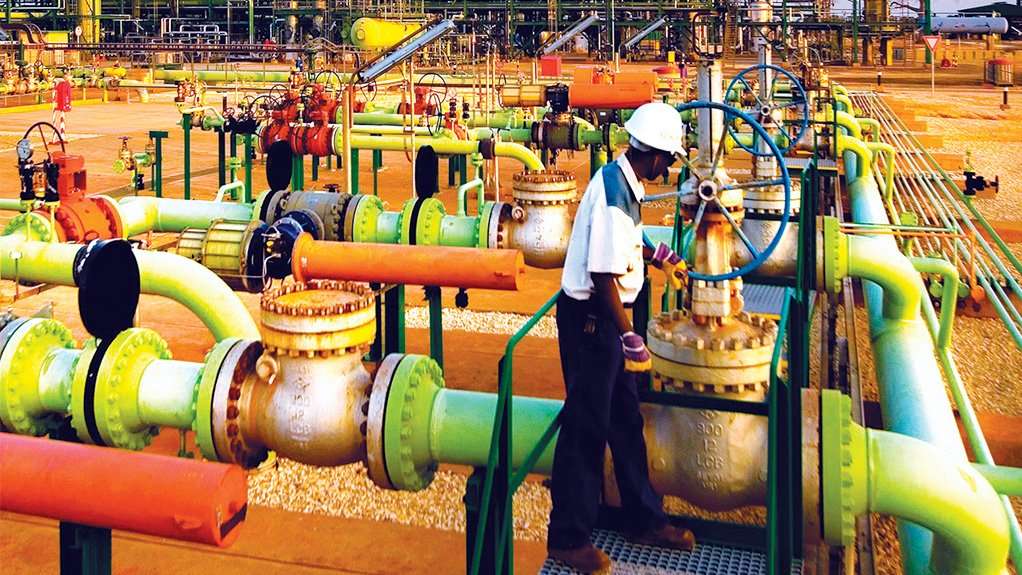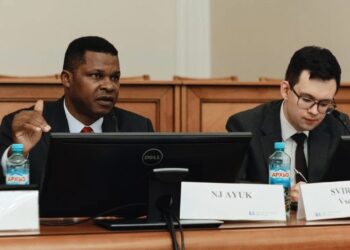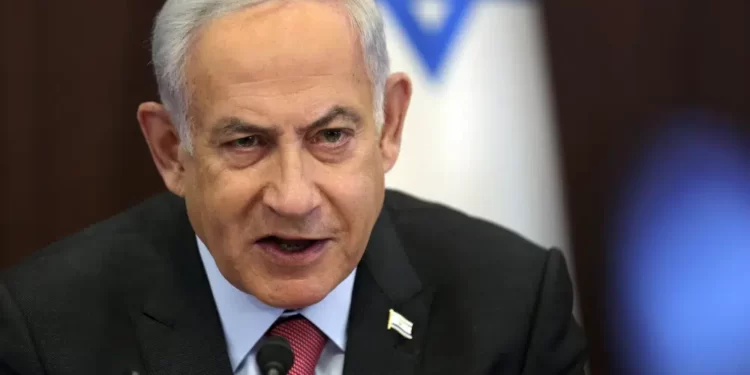Patrick Pouyanne, the outspoken chief executive of TotalEnergies, has issued a stark warning about the potential repercussions of the G7 states’ refusal to finance gas projects in Africa.
Speaking at the opening ceremony of the ONS 2024 conference, Pouyanne emphasized that this decision could pose significant challenges to the global energy transition, while also undermining Africa’s ambitions to industrialize and provide adequate power to its citizens.
The G7, a coalition of the world’s wealthiest nations, recently held a summit in Italy where they discussed various initiatives aimed at bolstering Africa’s development.
While the group committed to funding numerous projects, including a major rail corridor to facilitate mineral exports from the Democratic Republic of Congo (DRC) and Zambia, they conspicuously excluded financing for gas developments.
This decision has sparked criticism from African leaders and energy experts who argue that natural gas is essential for the continent’s economic growth and energy needs.
Pouyanne expressed his confusion and frustration with the G7’s stance, stating, “When I saw that the G7 countries decided not to finance gas in Africa… I don’t understand what we do in the Western world.”
He argued that excluding gas from the global energy strategy is a flawed approach, suggesting instead that the transition to cleaner energy should be based on cooperation and pragmatic solutions.
“Frankly, we should revisit this policy of exclusion. We will never manage the transition by exclusion. It can only (be achieved) by cooperation and looking to pragmatic solutions.”
Patrick Pouyanne, Chief Executive of TotalEnergies
African Union’s Position on Natural Gas

Pouyanne’s concerns were echoed by Amani Abou-Zeid, the African Union’s Commissioner of Infrastructure and Energy, who reiterated that natural gas is a critical component of Africa’s energy mix.
“Natural gas is our transition fuel. It is part of our energy mix. We will continue to increase the share of renewables in our energy mix, but we cannot do without natural gas – that’s for sure.”
Amani Abou-Zeid, African Union’s Commissioner of Infrastructure and Energy
The African Union (AU) has been vocal about its desire to harness the continent’s gas resources to drive industrialization and improve access to electricity. However, these ambitions are being stifled by the reluctance of Western governments to provide the necessary funding for fossil fuel projects.
For many African nations, the development of natural gas is seen as a vital step toward reducing poverty and improving living standards, while also gradually transitioning to renewable energy sources.
Debate on Energy Transition and LPG in Africa

Pouyanne’s comments came during a panel discussion that also featured Fatih Birol, the head of the International Energy Agency (IEA), who is known for his cautious stance on fossil fuels.
During the discussion, Birol highlighted an IEA initiative aimed at reducing the use of firewood, charcoal, and animal waste for cooking in Africa. These traditional energy sources contribute to severe indoor air pollution, which causes approximately 500,000 deaths annually, primarily affecting women and children.
Pouyanne interjected, stressing the crucial role that liquid petroleum gas (LPG) plays in addressing this issue. He revealed that TotalEnergies is investing $400 million in the development of LPG from its oil-rich Tilenga project in Uganda. This project aims to supply LPG to 50 million people across Rwanda, Tanzania, and Uganda, providing a cleaner and safer alternative to traditional cooking methods.
“This is the reality,” Pouyanne emphasized. “Let’s be clear, the main (clean cooking) technology is LPG. We need gas, we need only gas.” His statement underscored the importance of natural gas, not only as a transition fuel but also as a means of improving public health and quality of life in African communities.
Birol acknowledged the significance of LPG but pointed out that it is only one of several technologies being considered for clean cooking solutions.
In a light-hearted remark aimed at easing the tension, Birol quipped about “making Patrick feel less guilty” about TotalEnergies’ investments in gas, and conceded that widespread use of LPG in Africa could indeed reduce emissions and benefit the climate.
The debate over gas financing in Africa highlights a broader conflict between global climate goals and the immediate energy needs of developing nations.
While the G7 and other Western powers are focused on reducing carbon emissions and promoting renewable energy, leaders in Africa argue that a more balanced approach is necessary—one that allows for the responsible development of natural gas alongside renewables.
READ ALSO: Germany To Donate 100,000 Mpox Vaccines To African Nations





















